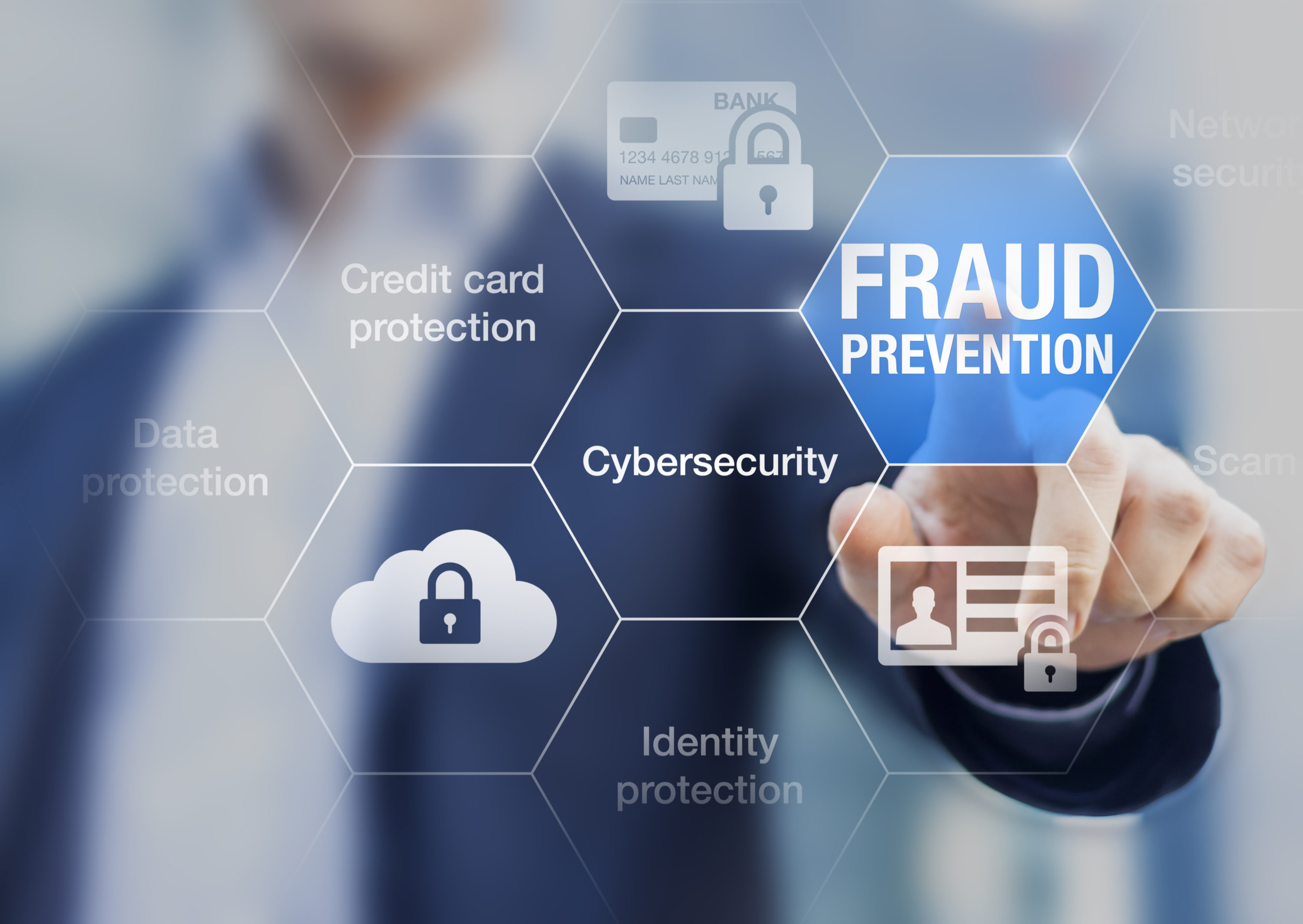Fraud tends to flourish during periods of prosperity. The reason is simple: When companies experience fast-growing revenues and rising net profits, they may lack a strong incentive to divert resources to preventing and detecting fraud. Fraud schemes can go undetected for months, even years. Furthermore, the sheer volume of legitimate transactions during thriving economic times makes it harder to detect fraudulent transactions.
Normally, an economic slowdown correlates with increased fraud detection, but the COVID-19 pandemic has upended normal expectations. Companies may need to find new methods of unmasking fraud.
Fraud continues … and even grows
With millions of employees working from their homes, there are fewer people in the office to notice and report irregularities and many managers are too distracted with crisis-related activities to perform the proper oversight that’s critical to uncovering fraud. So despite the current recession, ongoing schemes may be more likely to continue unnoticed as they would during an economic boom.
What’s more, COVID-19 has fueled an avalanche of new fraud. Hackers are targeting home workers with lax cybersecurity, organized crime gangs are going after unemployment benefits and hucksters are trying to trick consumers into buying fake COVID-19 treatments and personal protective gear.
Unprecedented business losses due to economic shutdowns are expected to feed insider fraud as well. When preparing financial statements, executives with bonuses tied to their company performance could tinker with certain metrics. Not all such changes rise to the level of fraud, but financial statement manipulations may fail to conform with Generally Accepted Accounting Principles and, therefore, could present a rosier picture than warranted.
Reacting to the crisis
Your business is likely contending with many COVID-19-related challenges right now, but to prevent even greater financial losses, you must make fraud detection a priority — meaning investing in people, processes and technology. Although it may be tempting to defer your annual fraud risk assessment this year, try not to. If nothing else, performing this exercise will send a strong message to employees that fraud prevention still matters.
Take other steps to raise the perception of detection. Employees typically commit fraud when there’s opportunity to do so. Publicize your existing controls, such as your confidential fraud hotline, as well as new anti-fraud processes like digital signature approvals for employees working remotely.
Identify risks and prioritize responses
With so much on your plate — and so many demands on your business’s budget — you may not be focusing on fraud prevention right now. Contact us. We can help you identify the greatest risks right now and prioritize the most effective responses.
____________________________________
We highly recommend you confer with your Miller Kaplan advisor to understand your specific situation and how this may impact you.



